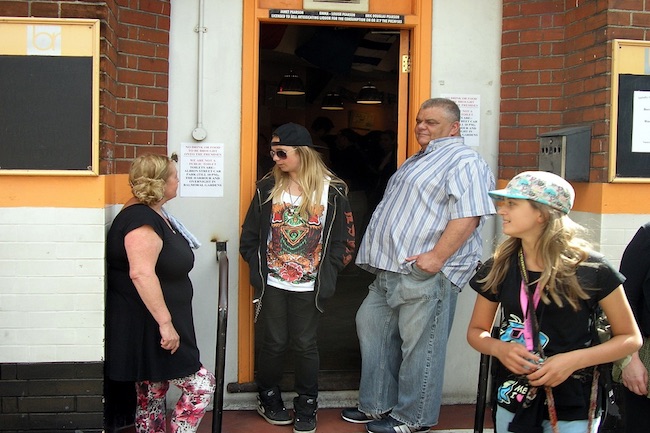Why Sweden’s COVID-19 Strategy Is Quietly Becoming The World’s Strategy By Jon Miltimore for Natural Blaze
Sweden’s unique approach to the COVID-19 pandemic has been drawing a great deal of scrutiny for weeks, including both admiration and criticism.
The Swedes, unlike most other nations, have eschewed the hardline approach that has led to mass economic shutdowns and skyrocketing unemployment. Restaurants, bars, public pools, libraries and most schools remain open. While the nation’s “laissez-faire” approach has drawn rebuke from some quarters, it is also beginning to draw praise.
Officials at the World Health Organization (WHO), we pointed out April 30, stated that Sweden’s approach “represents a model” to nations seeking to end the lockdowns that have caused widespread economic disruption and placed the global economy at risk.
In a sense, Sweden has become a coronavirus touchstone. Critics point out that Sweden’s per capita COVID-19 death rate is higher than several of its Scandanivan neighbors—Finland, Denmark, and Norway. Proponents point out that Sweden’s death rate is lower than many of its European neighbors—Belgium, France, the United Kingdom, Spain, and Italy—who initiated strict lockdowns. Proponents also point out that Sweden has “flattened the curve,” noting that the nation of 10 million has not seen its hospitals overrun or experienced medical equipment shortages.
The debate over Sweden will no doubt continue. However, it’s important to remember that actions speak louder than words. So what are nations actually doing? As scholars observed in a Foreign Affairs article published Tuesday, nations around the world are quietly embracing Sweden’s strategy.
“Whether or not they have openly embraced the Swedish approach, many other countries are now trying to emulate aspects of it. Both Denmark and Finland have reopened schools for young children,” wrote Professors Nils Karlson, Charlotta Stern, and Daniel B. Klein. “Germany is allowing small shops to reopen. Italy will soon reopen parks, and France has a plan to allow some nonessential businesses to reopen, including farmers’ markets and small museums, as well as schools and daycare centers.”




